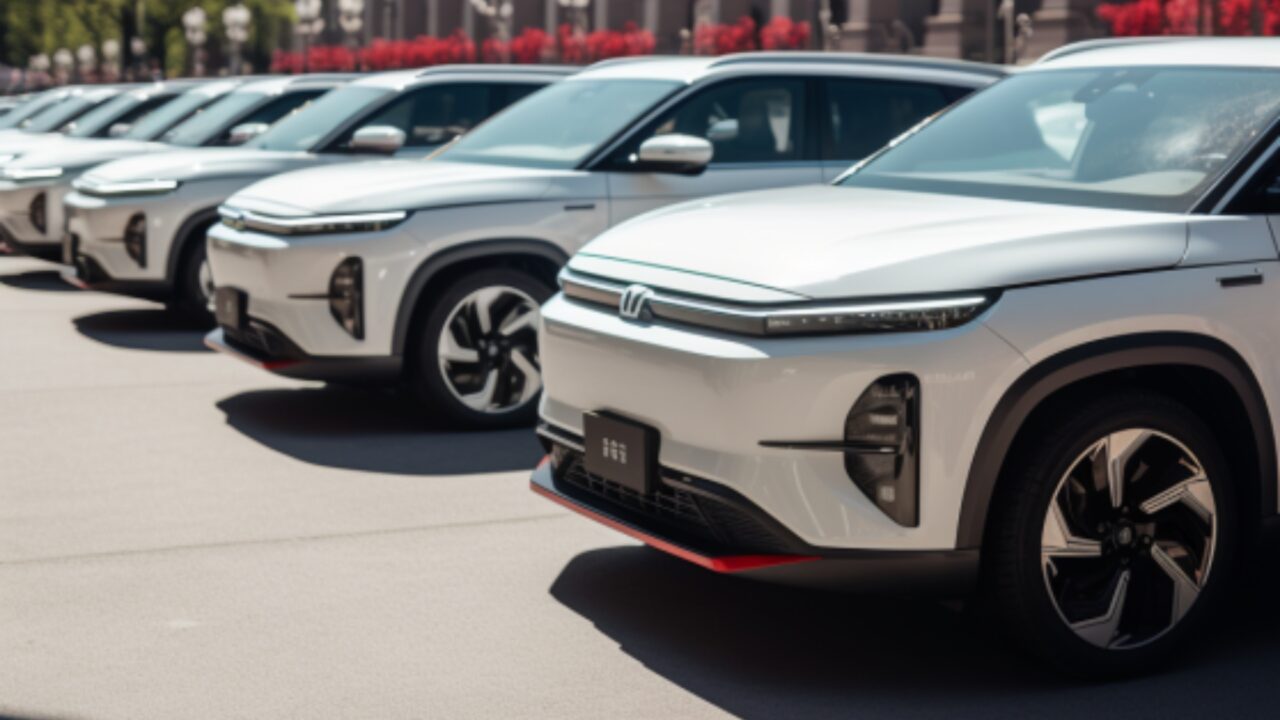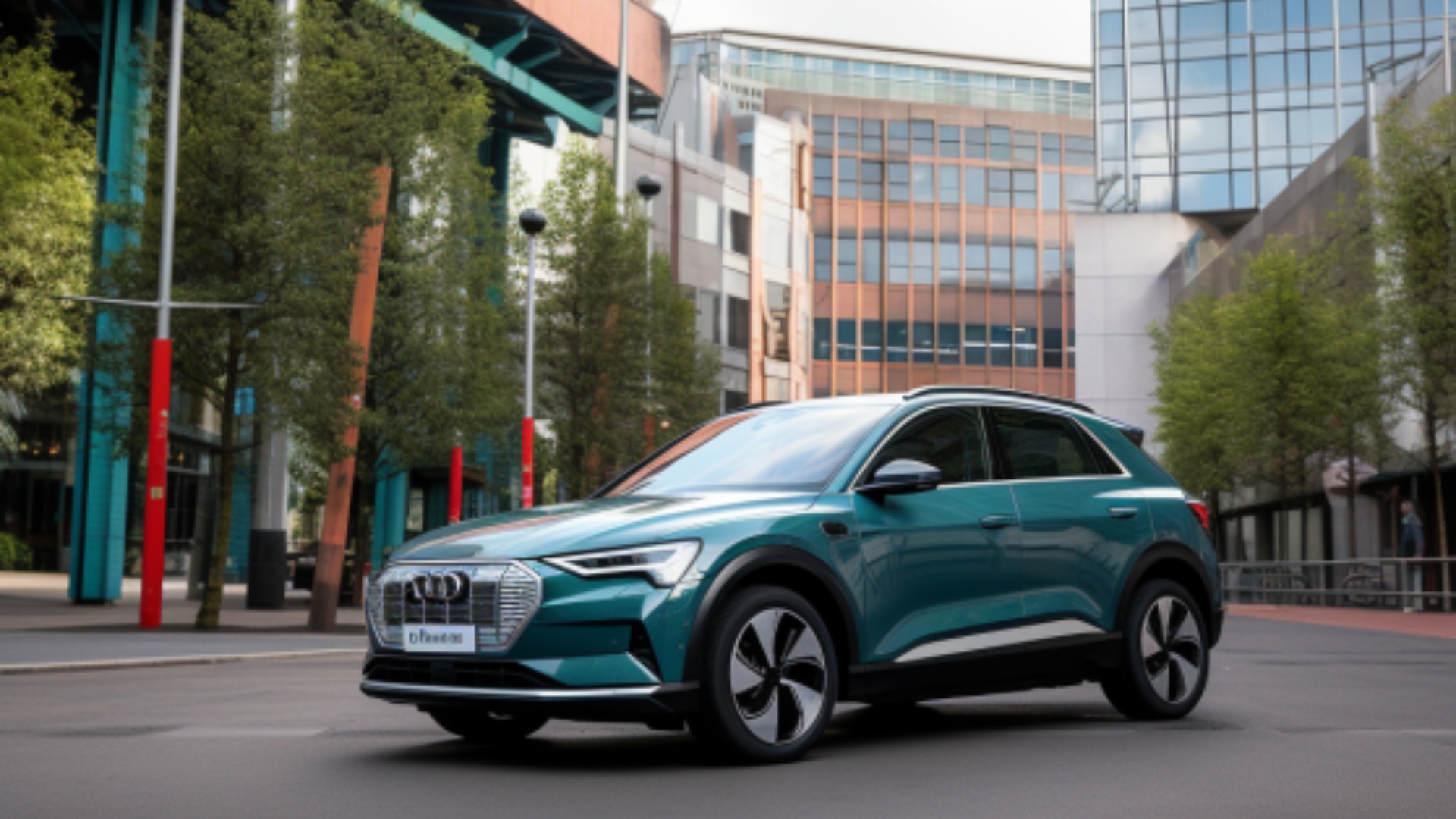Tata plans to build an electric vehicle battery plant in the UK, boosting the country’s EV production amid global competition. Meanwhile, used EV prices are aligning with petrol and diesel counterparts, making EVs more accessible. However, the Motor Ombudsman reports a rise in consumer complaints related to electric vehicles in customer service and buying experiences.
UK EV battery plant
Great news for the UK’s EV industry as India’s Tata has announced its decision to construct an electric vehicle battery plant in the UK, favouring the country’s automotive sector in the face of tough global competition. This development will be a significant win for Britain, which aims to catch up in the global race for local electric vehicle battery production, crucial for automakers relying on nearby battery factories.
The company had been deliberating between a site in Somerset, and one in Spain to supply electric Jaguar and Land Rover vehicles. Building the plant domestically will help British automakers comply with post-Brexit trade rules, necessitating the sourcing of more electric vehicle components locally to avoid tariffs on UK-EU trade beginning in 2024. The government is in talks with the EU to potentially ease these rules, following warnings from Stellantis about potential factory closures and job losses.

The UK government is reported to be providing Tata with huge subsidies to secure the battery plant investment. While the decision is welcomed by the UK’s parliament’s business committee, some officials are concerned about the subsidy package’s extent. Tata’s choice to invest in the UK is seen as a boost for Prime Minister Rishi Sunak’s government, which has outlined net-zero goals, including a ban on new petrol and diesel car sales from 2030, as part of their commitment to economic growth.
Used EVs fall in price
More good news for UK consumers as used EV prices have shown signs of aligning with their internal combustion engine (ICE) counterparts for the first time, making it easier for customers to choose between petrol/diesel and EVs.
Hybrids have also dropped by over 5% on average, possibly due to reduced demand as buyers opt for fully electric vehicles. Used electric vehicle (EV) prices in the UK fell by around 1.4% as reported by auctioneers Aston Barclay. The drop relates to an average EV nearing 3 years in age which has an average mileage of just over 22,000 miles.

This is good news for consumers who are looking to make the jump to electric vehicles but feel unable to make the jump into the new EV market. The challenge of used vehicles needing repairs however is still a huge stumbling block, and vendors tend to need to consider refurbishing vehicles before they go to auction.
Ombudsman complaints
The Motor Ombudsman, a dedicated UK automotive sector ombudsman, has observed a gradual rise in consumer complaints related to electric vehicles (EVs) during the first half of 2023.
From January to March, a total of 273 disputes were registered, compared to 104 in the same period the previous year, highlighting the growth of electric 0models among motorists. Notably, March alone witnessed 115 complaints, marking the first time the Ombudsman’s Alternative Dispute Resolution (ADR) service received over 100 contacts for an electric car in a single month.
The primary reasons for the complaints about EVs during the first quarter of 2023 were customer service and the buying experience, accounting for almost a third of disputes, up from 27% in Q1 2022. Issues included cancellations and delivery delays, incorrect vehicle specifications due to parts shortages, and miscommunication during the sales process. Approximately 70% of the purchase-related complaints were for brand-new EVs, while the rest were concerned with used models.
The most common issues reported in the first quarter of 2023 were related to vehicle chassis (21%), range (12%), interior and cabin systems (10%), electrical and software glitches (9%), exterior (6%) and vehicle charging (6%). These problems ranged from brake, suspension, and wheel issues to range discrepancies, interior defects, software malfunctions, charging unit failures, and battery-related concerns.
The second quarter, from April to June, saw an even higher number of complaints, with a total of 291 cases logged, surpassing the previous quarter’s tally. This rise was attributed to a greater number of consumers opting for pure battery-driven models and the ongoing cost of living crisis, leading individuals to seek compensation for financial losses due to budget pressures.
Customer service and the buying experience remained the primary source of discontent, accounting for 31% of complaints. Issues included delays in delivery, incorrect specifications due to parts shortages, unauthorised cancellations, and altered pre-agreed part-exchange values. Post-purchase issues included unfulfilled service bookings, recall work appointments, and delays in the supply of replacement parts for repairs.

Vehicle chassis and motor problems caused 20% of disputes, with complaints relating to brake failures, wheel trim bending due to brake heat, and electric traction faults causing tire blowouts and vehicle breakdowns. Electronics and software glitches accounted for 14% of issues, including faults between high- and low-voltage systems and apps preventing pre-heating and charging functions.
Exterior complaints increased to 10% in the second quarter, with issues such as paintwork and finish problems, blocked bonnet drainage slots causing water damage, and faulty bonding on wheel arches causing leaks. Interior complaints saw a positive decline from 10% to 8%, covering aesthetics-related problems and cabin system issues, such as digital radio failures and blank dashboard screens.
Battery-related complaints rose slightly from 4% to 6%, primarily due to hardware faults. However, complaints about the actual versus advertised range decreased from 12% to 6% as the weather improved, though some customers still felt mis-sold their vehicle due to not achieving the manufacturer-quoted range figures.
On-board vehicle charging hardware received the fewest complaints at 5%, although there was a slight increase from the previous quarter. Instances included the inability to rapidly charge and charging flaps locking in a closed position.
The preferred resolutions sought by those who submitted complaints included a full refund (16%), vehicle rejection (16%), and compensation (16%). The average monetary value attributed to desired outcomes decreased to £12,550 from £13,000 in the previous quarter.
Despite the increase in complaints, it’s worth noting that they still represent less than 1% of the overall contacts received each quarter, suggesting that the majority of EV owners have a positive ownership experience. Nonetheless, the Motor Ombudsman continues to monitor trends to keep industry and consumers informed about potential issues.
